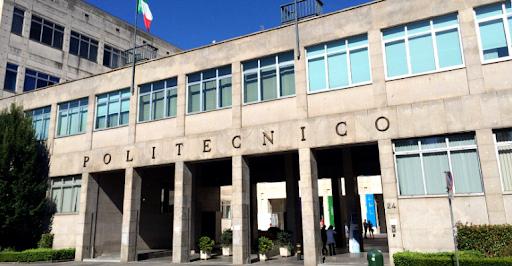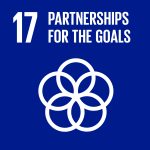Esta web utiliza cookies para que podamos ofrecerte la mejor experiencia de usuario posible. La información de las cookies se almacena en tu navegador y realiza funciones tales como reconocerte cuando vuelves a nuestra web o ayudar a nuestro equipo a comprender qué secciones de la web encuentras más interesantes y útiles.
Education for sustainability: initiatives from the RUS
Description
Institution
Organizations/areas of the university involved
the Italian Network of Universities for Sustainable Development (RUS)
Country
Italy
The activities of the Network of Universities for Sustainable Development (RUS) are not only aimed at transferring knowledge, but rather at operating in an organic way in the growth of the person and in the training of the citizens of today, but above all of tomorrow. To better face this task, the RUS has activated a specific work group, coordinated by prof. Giovannini, which aims to coordinate the various initiatives related to education issues.
The RUS education working group aims to develop the transdisciplinary educational dimension of university programs in order to help grow the culture of sustainable development and to influence the adoption of correct styles of life on the part of the students, also using new pedagogical approaches and creating innovative and engaging initiatives.
The very theme of education was placed at the center of the first RUS conference, held in July 2017, in Venice, signifying the importance it assumes for the Network itself. Indeed, educating does not only mean transferring knowledge, but rather operating in an organic way in the growth of the person and in the training of the citizens of today, but above all of tomorrow; this is particularly important, particularly when dealing with complex and highly transdisciplinary issues, such as sustainability, with the ambition to contribute significantly to changing lifestyles.
Among these, of particular interest is the proposal for a “Lesson zero”. It is an online or frontal course, addressed to students of the various degree courses, which aims to introduce sustainability issues, with particular reference to the 17 objectives proposed by the 2030 Agenda. The initiative is conducted in collaboration with ASVIS (the Italian alliance of Sustainable development), and can then be delivered as it is, or provide a basis for personalization by the various universities.
Results and impact measured or expected
From a recent mapping it has emerged that, for the academic year 18/19, within the network 37 universities joined the SDGs educational initiative (out of 65), while another 5 prepared the course in view of a future activation. Almost everyone has chosen to “personalize” the course according to their educational needs. It therefore takes different forms depending on the location, but the finalization of the themes of Agenda 2030 and the 17 SDGs remains strong. The teaching methods are ranging from the MOOC on the EduOpen platform, to the workshop day, to the course with lectures. The courses are aimed at different targets, from first-year students to master’s students; all show a strong transversally being addressed to students of all degree courses present in the University. At the Ca ’Foscari University of Venice, a day of workshop experiences was aimed at primary school students having the 17 SDGs literacy as major focus.

Connection with the SDG framework
In the field of training / information and education (SDG4), the contribution of the RUS to the 2019 Sustainable Development Festival, organized by ASviS between May and June, is seen of absolute importance. This allows the almost complete coverage of the entire national territory, with initiatives of various kinds, all aimed at favoring the knowledge of the 17 SGDs at a as broad as possible, meeting the goals of the SDG 17: “Partnerships for the Goals”. RUS includes the perspectives and views of different networks, organizations, geographical regions and working cultures on what “partnership” means, and how work should be done to implement SDG 17.
Barriers and follow up
Aligning so many national Universities on the field of SDG education is sure a not easy task. However, RUS members may leverage on the opportunity to share the different practices and adapt them to the most feasible context, ranging from meeting with leading figures in the field of sustainability, to seminars with professors who bring their experience within the disciplines of their interest, from the use of the emotional language of art to convey the concepts of sustainability, to the story of experiences of applied sustainability conducted in different parts of the planet.
Education 4 SDG funciona gracias a WordPress

